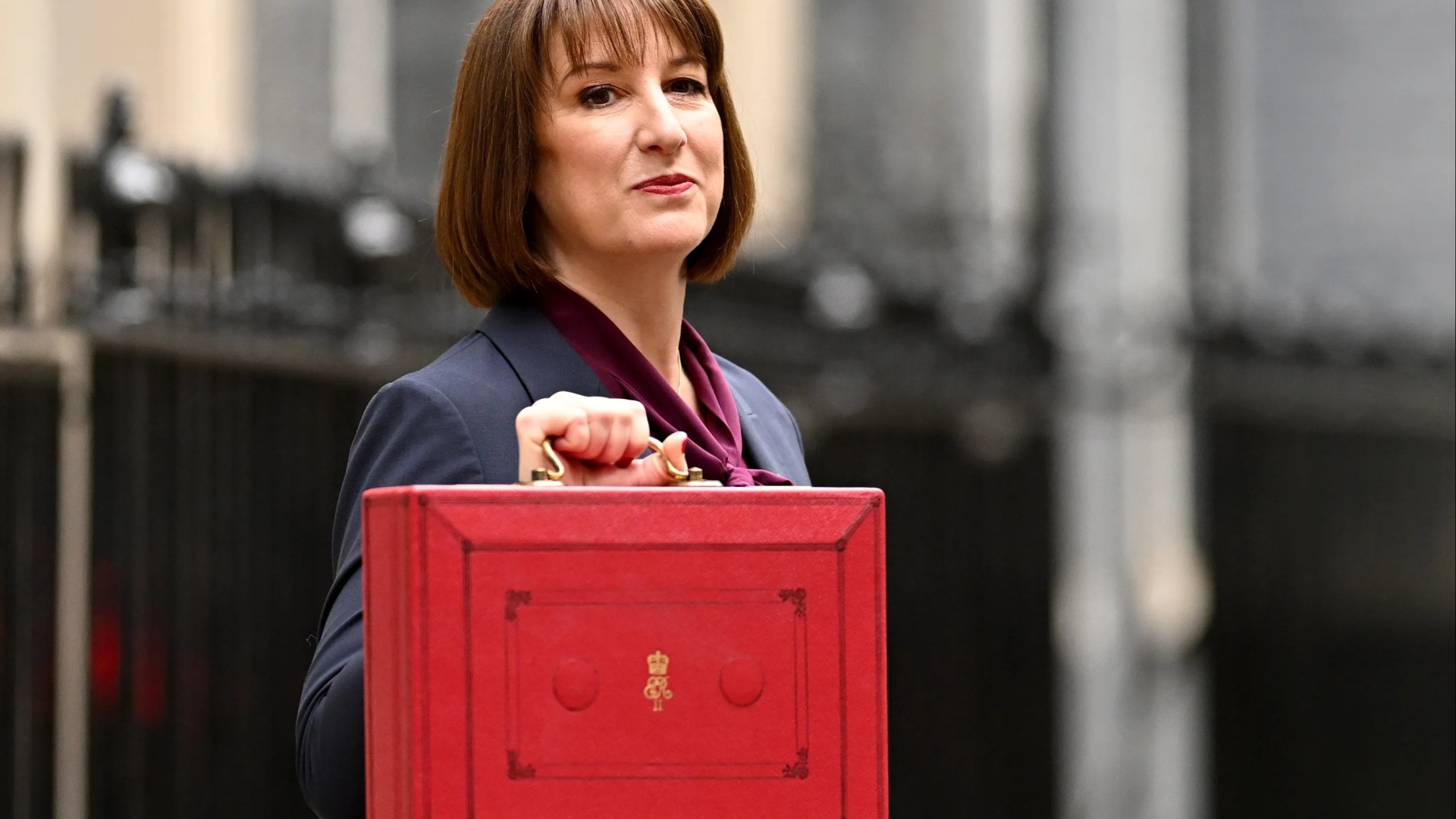Business
Chancellor Faces Backlash Over Proposed Increase in Betting Taxes

The proposed increase in betting taxes has sparked significant concern among politicians and sports figures, with warnings that it could push punters toward illegal gambling operations. Chancellor Rachel Reeves has been cautioned that these changes, outlined in the upcoming UK Budget, could lead to a surge in black market activities, undermining licensed bookmakers and jeopardizing consumer safety.
In a statement supporting the initiative, Reeves emphasized the need for a more robust regulatory framework within the gambling sector. However, critics argue that increasing taxes will create incentives for gamblers to seek out unregulated and potentially dangerous alternatives. The Save Our Bets campaign, launched by The Sun, has garnered support from various politicians and sports personalities who fear the implications of these tax hikes on the gambling landscape.
Concerns Over Black Market Growth
According to experts, the ramifications of higher betting taxes could be profound. The gambling industry has long been monitored for its potential to foster illegal activities, and increased costs could push consumers to seek better odds in the shadows. Research suggests that a significant percentage of gamblers could turn to unregulated platforms, which often lack the consumer protections offered by licensed operators.
A spokesperson from the Save Our Bets campaign stated, “We are urging the Chancellor to reconsider these proposed tax increases. Pushing punters into the black market is not the solution to regulatory challenges.” This sentiment echoes the concerns of many stakeholders within the industry who believe that a balanced approach is necessary to ensure both revenue generation and consumer safety.
Political Support for Licensed Bookmakers
Several prominent figures have joined the cause, advocating for the interests of licensed bookmakers in the face of proposed tax hikes. Former footballer and current sports commentator, Jamie Carragher, expressed his support for the campaign, stating, “We need to protect the integrity of betting in sports. Higher taxes will only drive people away from safe and regulated environments.”
The potential for illegal gambling operations to thrive is not a new issue. The UK has faced ongoing challenges related to black market betting, particularly as online gambling becomes more popular. Increased taxes could exacerbate these challenges, with punters seeking better deals and anonymity outside of regulated environments.
As the Budget announcement approaches, the government faces mounting pressure to reassess its strategy on gambling taxation. The implications of these decisions extend beyond the financial realm, touching upon issues of public safety, consumer rights, and the integrity of sports.
The Chancellor’s office has yet to respond to the growing concerns raised by the Save Our Bets campaign and its supporters. As discussions continue, all eyes will be on the government’s next move and its potential impact on the future of gambling in the UK.
In summary, while the government seeks to bolster revenue through increased taxes, the possible consequences for licensed bookmakers and consumers could be significant. The balance between regulation, taxation, and public safety remains a delicate issue as the UK navigates its gambling policies in a rapidly changing landscape.
-

 Health3 months ago
Health3 months agoNeurologist Warns Excessive Use of Supplements Can Harm Brain
-

 Health3 months ago
Health3 months agoFiona Phillips’ Husband Shares Heartfelt Update on Her Alzheimer’s Journey
-

 Science1 month ago
Science1 month agoBrian Cox Addresses Claims of Alien Probe in 3I/ATLAS Discovery
-

 Science1 month ago
Science1 month agoNASA Investigates Unusual Comet 3I/ATLAS; New Findings Emerge
-

 Science4 weeks ago
Science4 weeks agoScientists Examine 3I/ATLAS: Alien Artifact or Cosmic Oddity?
-

 Entertainment4 months ago
Entertainment4 months agoKerry Katona Discusses Future Baby Plans and Brian McFadden’s Wedding
-

 Science4 weeks ago
Science4 weeks agoNASA Investigates Speedy Object 3I/ATLAS, Sparking Speculation
-

 Entertainment4 months ago
Entertainment4 months agoEmmerdale Faces Tension as Dylan and April’s Lives Hang in the Balance
-

 World3 months ago
World3 months agoCole Palmer’s Cryptic Message to Kobbie Mainoo Following Loan Talks
-

 Science4 weeks ago
Science4 weeks agoNASA Scientists Explore Origins of 3I/ATLAS, a Fast-Moving Visitor
-

 Entertainment4 months ago
Entertainment4 months agoLove Island Star Toni Laite’s Mother Expresses Disappointment Over Coupling Decision
-

 Entertainment3 months ago
Entertainment3 months agoMajor Cast Changes at Coronation Street: Exits and Returns in 2025









